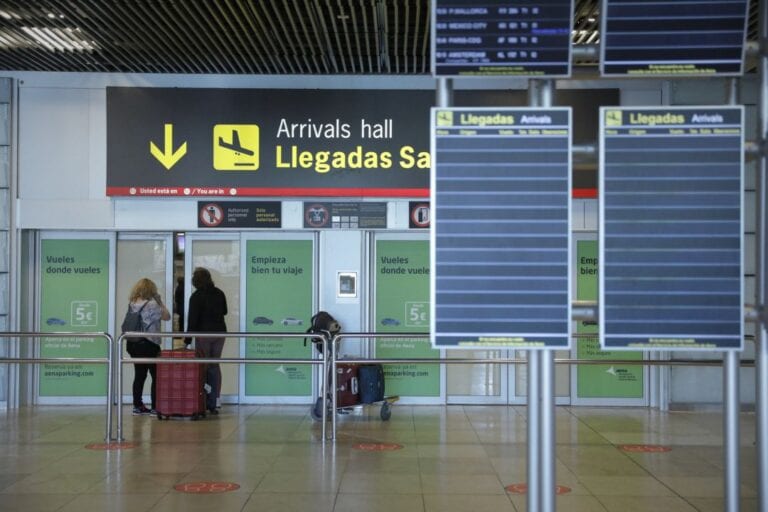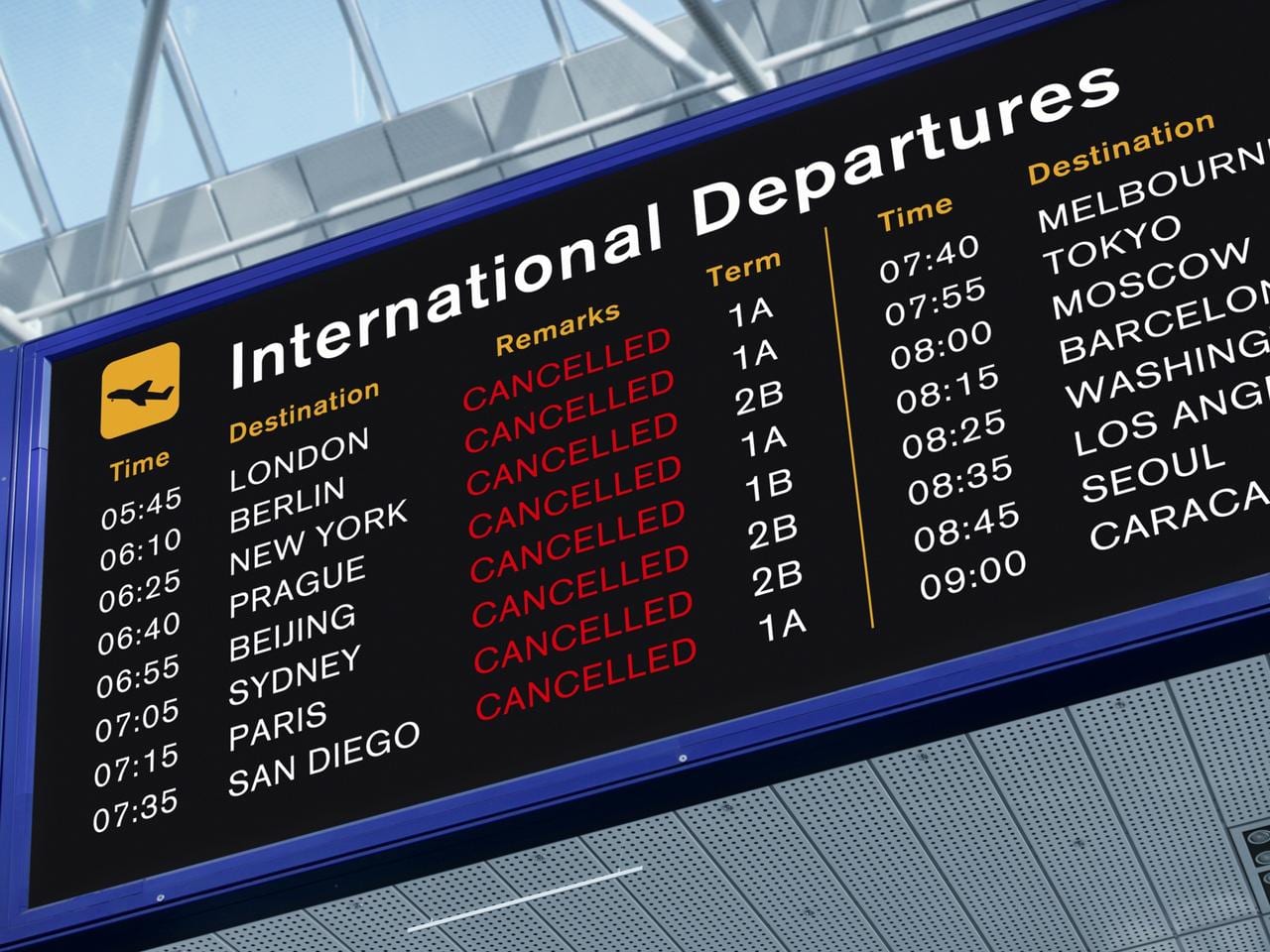Spain has extended its travel bans for visitors outside the E.U. and Schengen area until March 31. At the moment, only non-essential travel is allowed from the affected countries.
The restrictions were set to expire on February 28, but they were prolonged last Friday until the end of March to prevent the spread of coronavirus.
However, visitors from low-risk territories which have a reciprocal agreement with Spain are permitted. Those are Australia, New Zealand, Rwanda, Singapore, South Korea, Thailand, China, Hong Kong, and Macao.
Last week, the Spanish Cabinet also extended its travel bans on arrivals from the U.K., Brazil, and South Africa until March 16 because of the growing fear of the new, more contagious coronavirus strains.
Currently, only citizens and residents of Spain and Andorra can return home from those countries.
Besides, various restrictions apply for internal travel between the Spanish communities. Only Madrid, the Canaries and Balearic Islands, Castilla-La Mancha, and Extremadura allow people to leave and enter the territories. The rest of the regions are closed.
As a result of the tight restrictions, the number of COVID-19 infections seems to decrease. On Sunday, February 28, there were 471,965 currently infected people in Spain, compared to 580,327 active cases the same day last week.
To help recover the long-struggling tourism industry, the Spanish Ministry of Economy has urged international organizations to recognize vaccination cards, although, WHO (The World Health Organization) and the E.U. have previously rejected them.
The European-wide vaccine passports are expected to be ready by summer.
In case the plan to introduce the vaccine cards on the E.U. level fails, Spain is considering bilateral deals and safe travel corridors, says Fernando Valdés, the Tourism Secretary.


